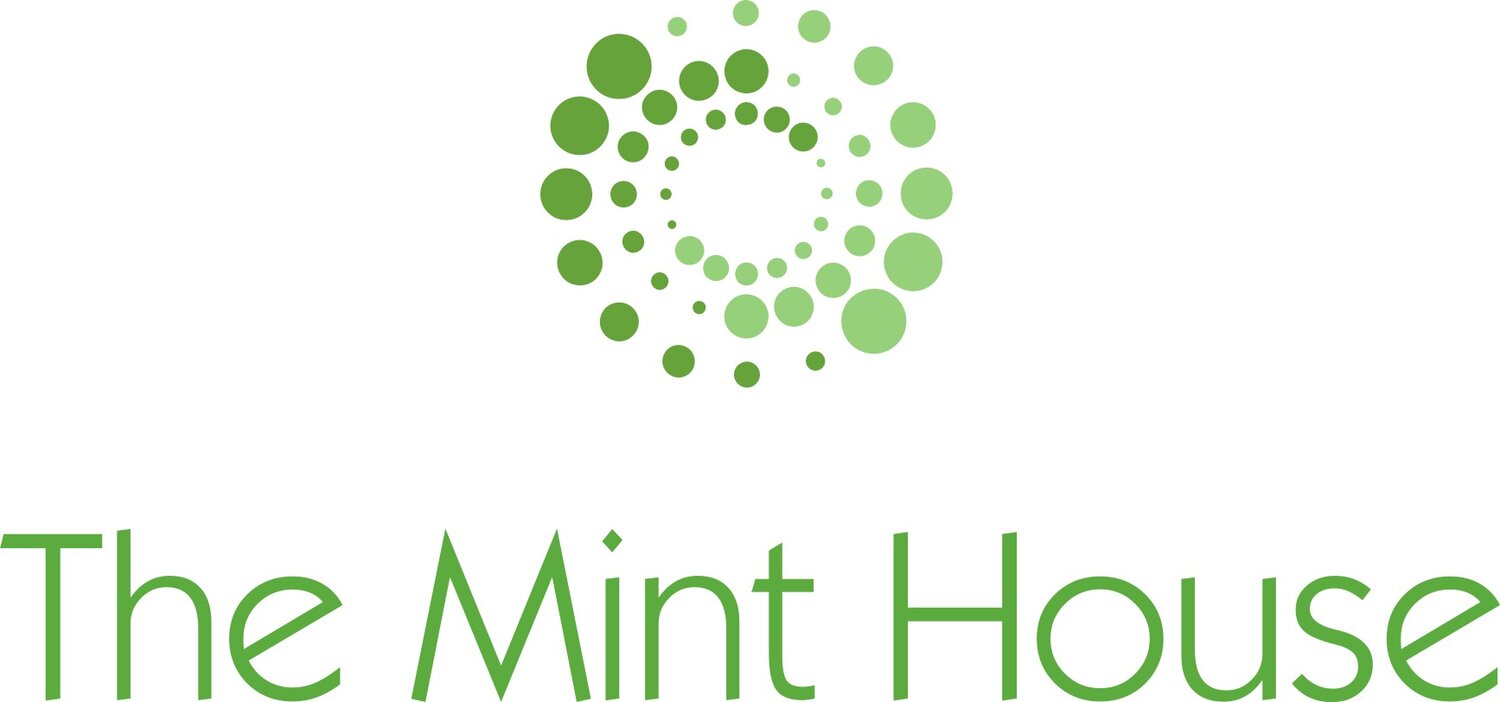BY Dr Rosie Chadwick (Mint House Board Chair)
Many thanks to Alison (Newbon) and Brigitte (Hyde) for joining a recent Mint House network event to share Norfolk’s journey to embed restorative practice. Here are some of the things they touched on.
The start of Norfolk’s restorative journey back in 2004, and its survival through years of austerity, owe much to the commitment of a visionary leader, County Councillor Brian Hannah. An ex-prison officer, Brian believed passionately in giving people a chance to move on. Brian started the county’s first strategic group focused on restorative. practice. He advocated for the restorative practice team when its future was threatened by cuts and used his year as county council chairman to ‘push the. restorative agenda.’
Norfolk’s Restorative Approaches Strategic Board has a valuable role, bringing. together partners from the county and district councils, the Police and Crime Commissioner’s Office, Norfolk and Suffolk Constabulary, the Criminal Justice Board, Children’s services, adult social care, magistrates, Victim Support and Community Action. It can be hard to keep a common vision as membership changes over time. Keeping this group invigorated is a priority.
Other secrets of longevity in Norfolk include: dedicated sessions for restorative practice champions; a community of practice open to colleagues from across services; the restorative practice team selling training as a ‘traded’ service - and tenacity.
Restorative approaches are perhaps best embedded in children’s services where, amongst other things, all children’s homes (both local authority and privately run) are required to follow a Joint Protocol. This commits them to using restorative approaches before calling the police when incidents occur. In another recent development, care experienced young people have been recruited, and are currently being trained, to facilitate restorative meetings with families and accommodation providers.
Restorative approaches are adding value in other settings. Among examples, support workers working on the Homes for Ukrainians scheme have been trained to use restorative approaches when relationships between host families and those they are hosting become strained to reduce the risk of placements breaking down. Training is also due to commence shortly at Colchester’s Military Corrective Training Centre, for which the centre has made a business case.
Norfolk have developed, and published, a series of restorative approaches strategies, the most recent of which is available here.
A self-assessment tool has been developed to help teams assess where they are in their use of restorative approaches and gather evidence to support this.
Thanks again for a lunchtime session which gave much food for thought and prompts for action.
